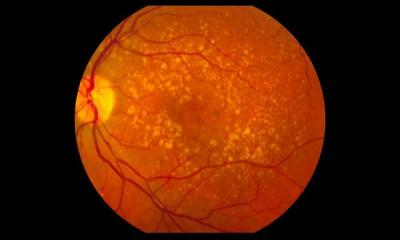Investing in medical progress
Talking about medical innovations, new drugs, techniques and technologies are the first things that come to mind, whereas new indications for existing pharmaceuticals, especially biological medicines, play a minor role.

The industry workshop “Investing in medical progress: Discovering new indications for approved medicines” organized by Amgen focused on this “image problem”.
According to Toby Viering, Senior Manager of Corporate Communcations at Amgen, “biological drugs are much bigger and much more complex than other pharmaceuticals and often new indications come up during the lifespan of an existing product. From the industry’s point of view it is important to have the right incentives to keep the innovation drive going. This is the precondition for European companies to stay competitive in the global market. Companies must not stop developing what is in the pipeline so that new approvals can enter the market and patients can benefit.”
What could those incentives look like? “It is basically about data exclusiveness. For each new indication a company has to invest approx. € 150 million. A return on investment can only be realized if data exclusiveness is granted for a certain – rather long – period”, Viering added.
01.10.2009





